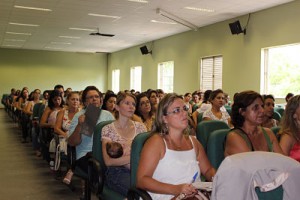Is it me?? Is our world is tilting toward the brink, or are we merely witnessing normal global growing pains?
Oh how I wish the premise of my book Parenting for Peace had become obsolete in the 7+ years since it was published. But alas, the premise of my book could not be more relevant right now:
If we really want change the world, we need to raise a generation “built for peace”—hardwired at brain level with the capacities needed to foster empathic interdependence and innovative solutions in our challenged world.
At this point in human history, I guess I would dare to ask, “Why be a parent if not to try and bring a peacemaker on earth?” It might be peace through embroidery or engineering or being a CEO. Ultimately, our consciously enacted wish for our children becomes that they unfold as individuals with the heart to embrace and exemplify peacefulness, the psyche to experience joy and intimacy, the mind to innovate solutions to social and ecological challenges, and the will to enact such innovations.
That kind of human is never a genetically predetermined given, but the result of dynamic interactions between genetics and environment — with parents being the most influential environmental variable.
Yikes, that is pretty daunting, right?!
 We humans are rhythmic creatures. At least that’s how we’re meant to be. It’s why Rhythm is one of the seven Parenting for Peace principles. It is a gift for our children and ourselves to embrace life’s ebbing and flowing. Summertime offers us a luscious opportunity for slowing the pace of life.
We humans are rhythmic creatures. At least that’s how we’re meant to be. It’s why Rhythm is one of the seven Parenting for Peace principles. It is a gift for our children and ourselves to embrace life’s ebbing and flowing. Summertime offers us a luscious opportunity for slowing the pace of life.




